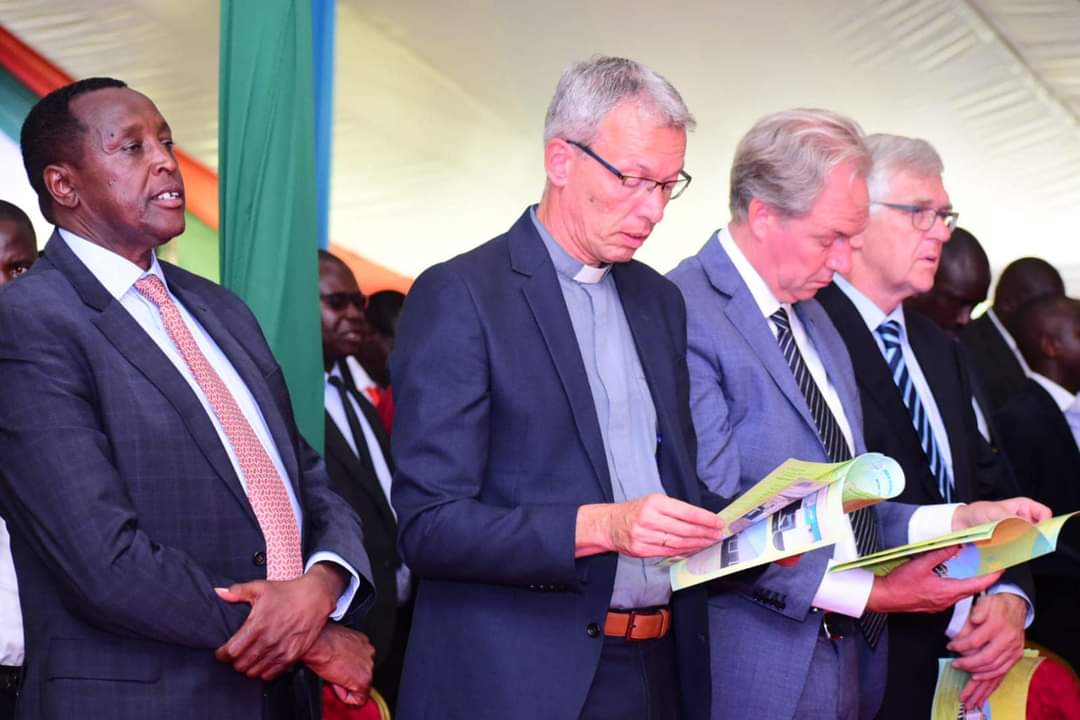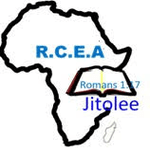RCEA is Born

The Reformed Church of East Africa was established in 1944 when the Dutch Reformed Church commenced its mission work in Eldoret, Kenya. This initiative was later taken over by missionaries from the Netherlands Reformed Church.By 1962, when the Dutch missionaries departed, they had laid the groundwork for a Kenyan Reformed church.
History, Leadership & Structure
-
History
-
Leadership
-
Structure
At that time, it had more than 600 congregations and 110,000 members. The Reformed Church of East Africa holds membership in the World Communion of Reformed Churches and maintains an official relationship with the Christian Reformed Church in North America, Protestant Church in the Netherlands through the GZB and relationships with the DRC in South Africa. The expansion of the Reformed Church continued across the country, spanning from 1 to 26 counties, and establishing 2 mission centers in Tanzania.
The church is overseen by a moderator and a General Secretary who manage its day-to-day operations. The moderator leads the evangelical arm of the church, overseeing operations from the regional level down to local churches. Their responsibilities include managing over 180 clergies, 80 lay leaders, and serving 1,200 local churches and 100 missionary centers spread across 26 counties in Kenya.
On the other hand, the General Secretary is in charge of the church's developmental arm, overseeing departments related to health, education and training, youth programs, women's initiatives, children's programs, and church projects distributed across the 17 presbyteries in Kenya. They collaborate with department heads and management committees to ensure effective functioning.
Structurally, the Reformed Church of East Africa (RCEA) operates on a tiered system where several local churches form a parish, numerous parishes constitute a presbytery, and a grouping of presbyteries forms a synod, representing the highest office in the church. The synod is overseen by a church moderator.
Presently, there exist 80 parishes, each comprising approximately 15 prayer houses or village churches known as local churches. These parishes, in turn, collectively form 10 presbyteries with a total membership of around 50,000 individuals. The RCEA encompasses 600 congregations managed by 120 pastors and 30 evangelists. These churches are strategically distributed across the country, often accompanied by educational institutions and various resources.
The RCEA boasts a well-defined structure comprising Synod, Presbytery, Parish, and local church councils, which operate at the community level. Additionally, the church houses several departments: the men's fellowship department, women's department, youth department, Sunday school department, education department, finance and investment department, and a department catering to individuals with different abilities.
